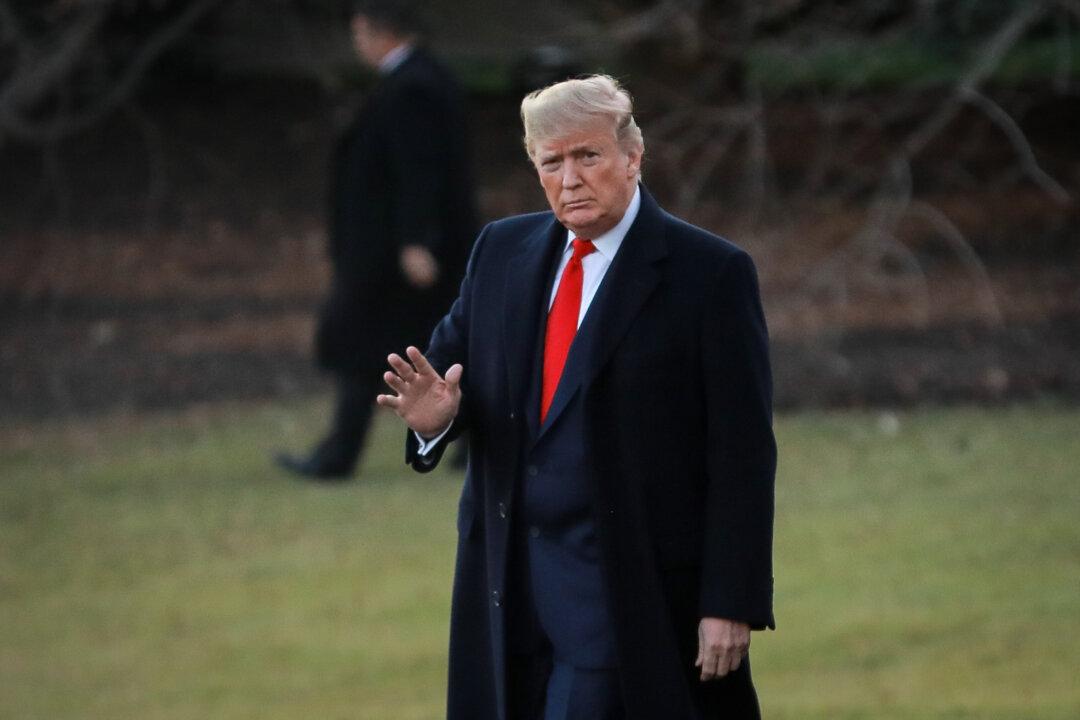The Justice Department has filed briefs, arguing to the Supreme Court that the House of Representatives and a New York investigation’s subpoenas seeking to gain access to President Donald Trump’s financial records are unconstitutional.
Solicitor General Noel Francisco argued in the two separate friend-of-the-court briefs filed on Monday that the Constitution and the separation of powers protect presidents from any process that could risk “impairing the independence of his office or interfering with the performance of its functions.”




